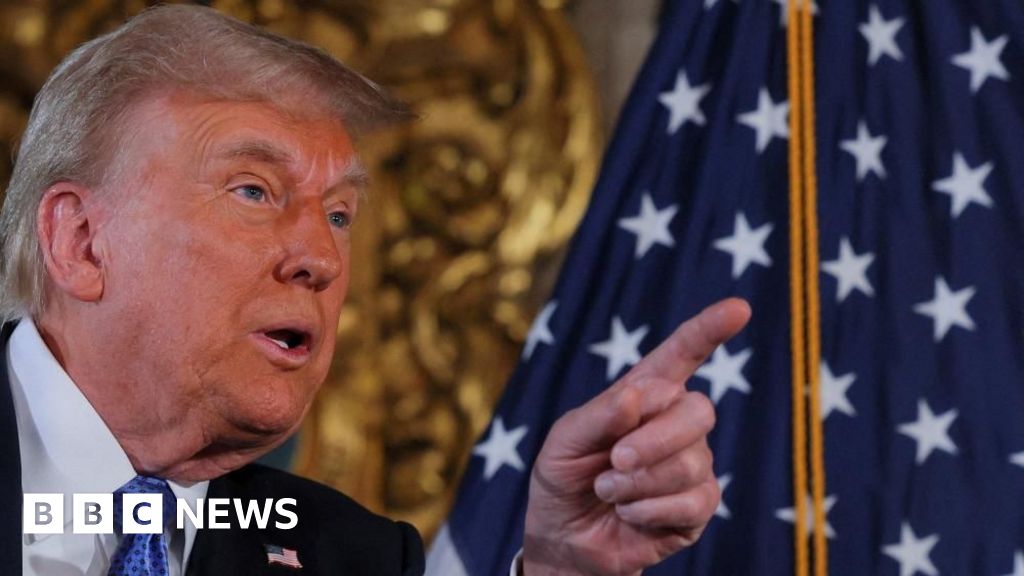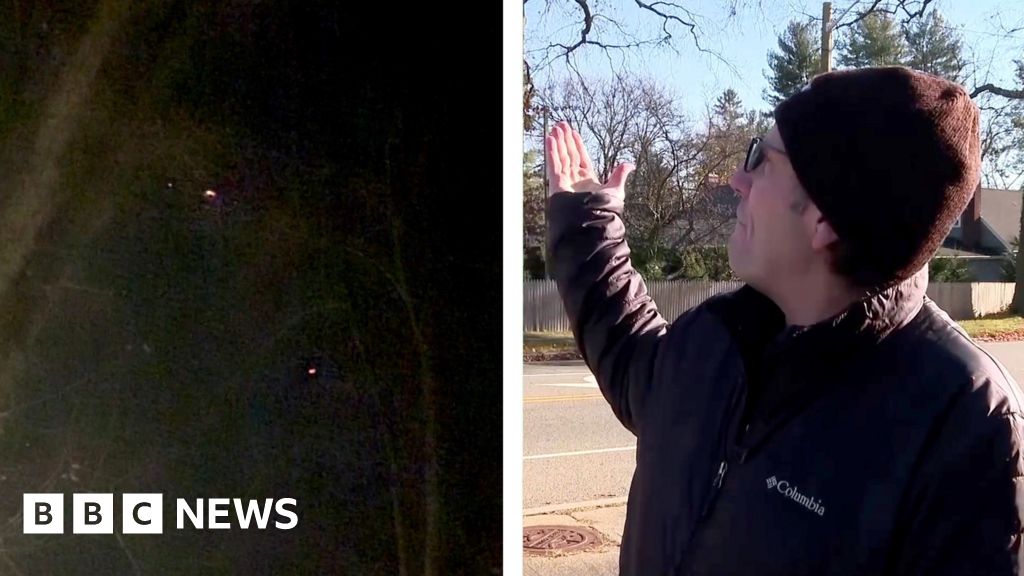ARTICLE AD BOX
By Stephanie Hegarty
Population correspondent
image source, Getty Images
President Biden is asking world leaders to pledge to vaccinate 70% of the global population by September next year. But research shows rich countries are still holding surpluses of vaccines, many of which could soon be thrown out.
Boarding a plane to Iran this summer, Bahar was excited to see her father for the first time in four years.
She had no idea coronavirus was about to rip through the country - and her family - in a deadly second wave. First it was a friend of the family, who was preparing for her son's wedding when she got sick. She died soon after. Then it was her father's uncle, then an elderly aunt. Bahar worried desperately about her grandmother who had only had one vaccine dose and was still waiting for her second.
Bahar is 20 and lives in the US where she got vaccinated in April.
Though she knew she was somewhat protected, she spent the final days of her trip cloistered in her father's house worried about who the virus would attack next. Few members of her family have been vaccinated in a country where supplies are low.
Soon after she returned to the US, she found out her father was sick. She was far away and paralysed with fear. "It's like survivor's guilt," she says. "I left Iran totally fine, completely healthy just because I had two shots of the Pfizer vaccine." Her father recovered but many older relatives did not. "I felt pretty guilty knowing that."
This imbalance of the vaccine supply makes for stark statistics. Just over half of the world has yet to receive even one dose of a Covid-19 vaccine.
According to Human Rights Watch, 75% of Covid vaccines have gone to 10 countries. The Economist Intelligence Unit have calculated that half of all of the vaccines made so far have gone to 15% of the world's population, the world's richest countries administering 100 times as many shots as the poorest.
In June, members of the G7 - Canada, France, Germany, Italy, Japan, the United Kingdom and the United States - pledged to donate one billion doses to poor countries over the next year.
"I smiled when I saw that," says Agathe Demarais, lead author of a recent report on global vaccines supply at the Economist Intelligence Unit and a former diplomat. "I used to see this a lot. You know it's never going to happen."
The UK promised 100m of that pledge, so far it has donated just under nine million. President Biden pledged 580m of which the US has delivered 140m so far. And the EU bloc promised 250m doses by the end of the year - it has sent about 8% of those.
Like many middle-income countries, Iran bought vaccines from Covax, the global scheme supported by the WHO to get doses where they're needed most. Covax purchases and then sells vaccines at low-cost to middle income countries and donates to poor countries.
image source, Getty Images
But Covax has faced a major supply problem. It planned to distribute two billion doses in 2021 with most of them coming from a facility in India but when a second wave of infections crippled India in May, the government issued an export ban.
Since then Covax has relied on doses donated by rich countries. And supply has been slow, some of the receiving countries have yet to vaccinate 2% of their population.
"Currently doses tend to get shared in low volumes, at short notice, and with shorter than ideal expiry dates - making it a huge logistical lift to allocate and deliver these to countries able to absorb them," says Aurélia Nguyen, managing director of the Covax facility.
It's not a global supply problem. Rich countries have been building up surpluses of vaccines, according to Airfinity, a science analytics company researching global supply. Vaccine manufacturers are now making 1.5bn doses every month, 11bn will have produced by the end of the year.
"They're producing a huge number of doses. It has scaled up immensely over the last three or four months," says Dr Matt Linley, lead researcher at Airfinity.
The world's richest countries could have 1.2bn doses that they don't need - even if they start administering boosters.
And at least a quarter of those doses - 250 million vaccines - could be at risk of going to waste if they are not donated very soon, says Dr Linley. It's likely that poorer countries won't be able to accept vaccines unless they have at least two months left before they expire.
"I don't think it was necessarily rich countries being greedy, it's more that they didn't know which vaccines would work," says Dr Linley. "So they had to purchase several of them."
With its latest research Airfinity hopes to show governments that there is a healthy supply of vaccines and that they don't need to keep surpluses. Instead they can donate what they don't need now and be confident that more doses will be produced in the coming months.
"They don't want to be caught off guard," says Agathe Demarais. "It's also about domestic political pressure because part of the electorate would probably be very unhappy to see vaccines being donated, if there is a feeling that they're still needed at home."
The UK government says it does not have a stockpile of vaccines and has made an agreement with Australia to share four million doses which will be returned from Australia's own allocation at the end of the year.
"Vaccine supply and deliveries have been carefully managed in the UK to offer all those who are eligible the opportunity to be vaccinated as soon as possible," says a spokesperson for the Department of Health and Social Care.
Aurélia Nguyen at Covax says it's not just governments that need to act.
"We also need manufacturers to meet their public commitments to Covax and prioritise us over bilateral deals to nations that already have enough doses."
If global vaccine manufacturers are now producing 1.5 billion doses every month, she says, the question is why are so few reaching poor countries. "Where Covax's need is greatest, governments should swap their place in the queue so we can get the doses we have ordered sooner."
For Bahar and her family, these doses aren't just numbers they are real lives, friends and family.
Every few days, she hears another story of someone who has died. When friends at university said they don't want to get vaccinated she used to try to argue with them but she can't do it anymore, it's too upsetting.
"I just try to let it go but it's definitely hard seeing people not use the privilege that they have."

 3 years ago
46
3 years ago
46








 English (US) ·
English (US) ·